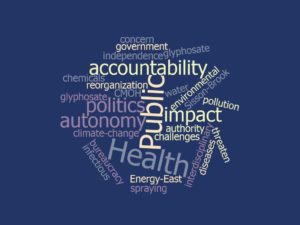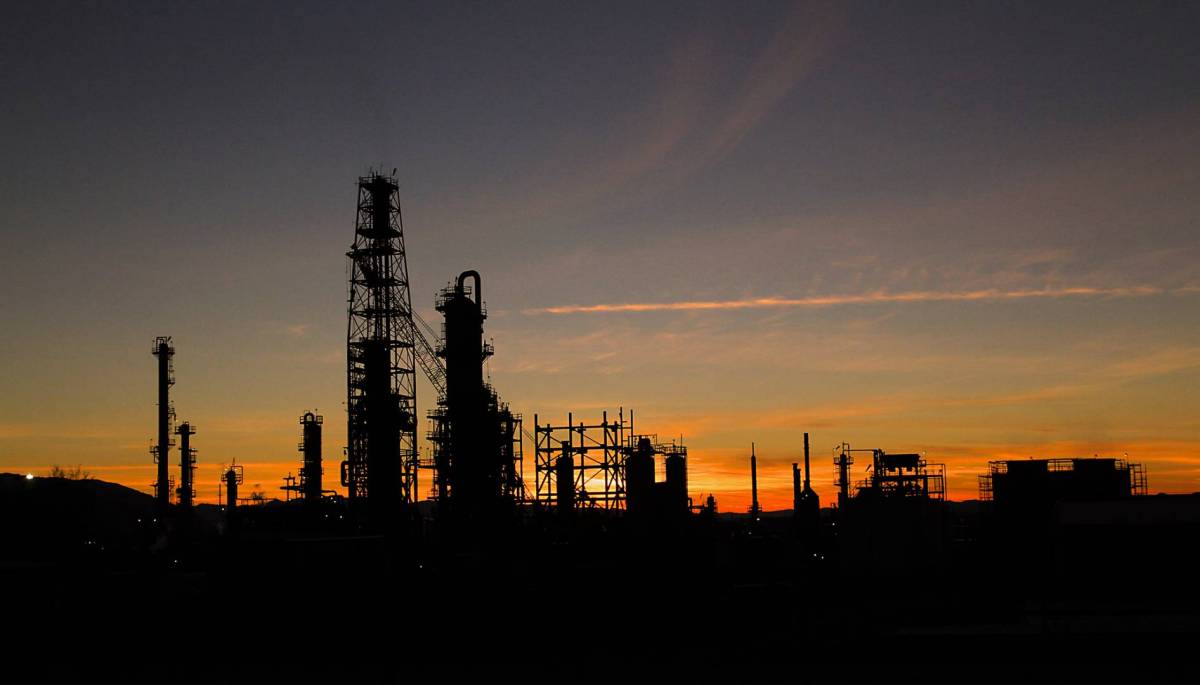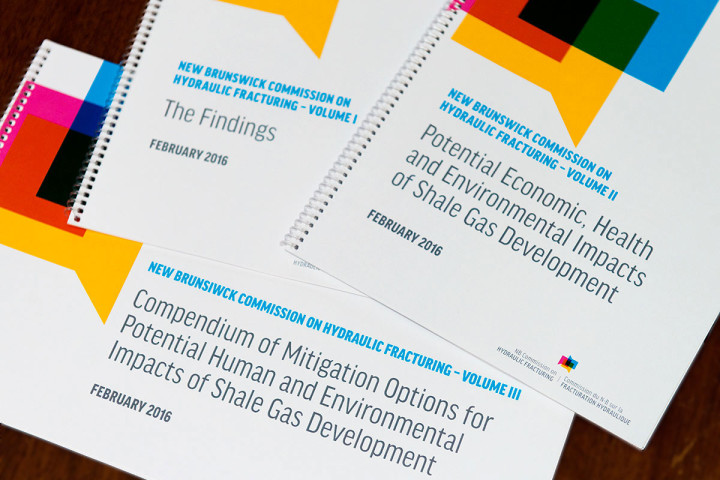 by JIM EMBERGER COMMENTARY (Telegraph Journal/Miramichi Leadre, 29 Sept 2017)
by JIM EMBERGER COMMENTARY (Telegraph Journal/Miramichi Leadre, 29 Sept 2017)
On Aug. 31, the New Brunswick Minister of Health announced the transfer of many of the public health functions of the Office of Chief Medical Officer of Health to other government departments.
The government’s stated reasons are to streamline operations, increase efficiency, save taxpayer money and increase uniformity with other Atlantic provinces. This issue is now back in the news with a national group of doctors, affiliated with the Canadian Journal of Public Health, opposing this reorganization plan for New Brunswick.
However, then-minister Victor Boudreau did not furnish examples or explanations as to how these goals would be accomplished. The new minister, Benoît Bourque, must do so, because common sense and experience suggest that this move will have exactly the opposite effects.








